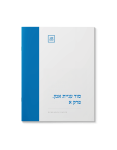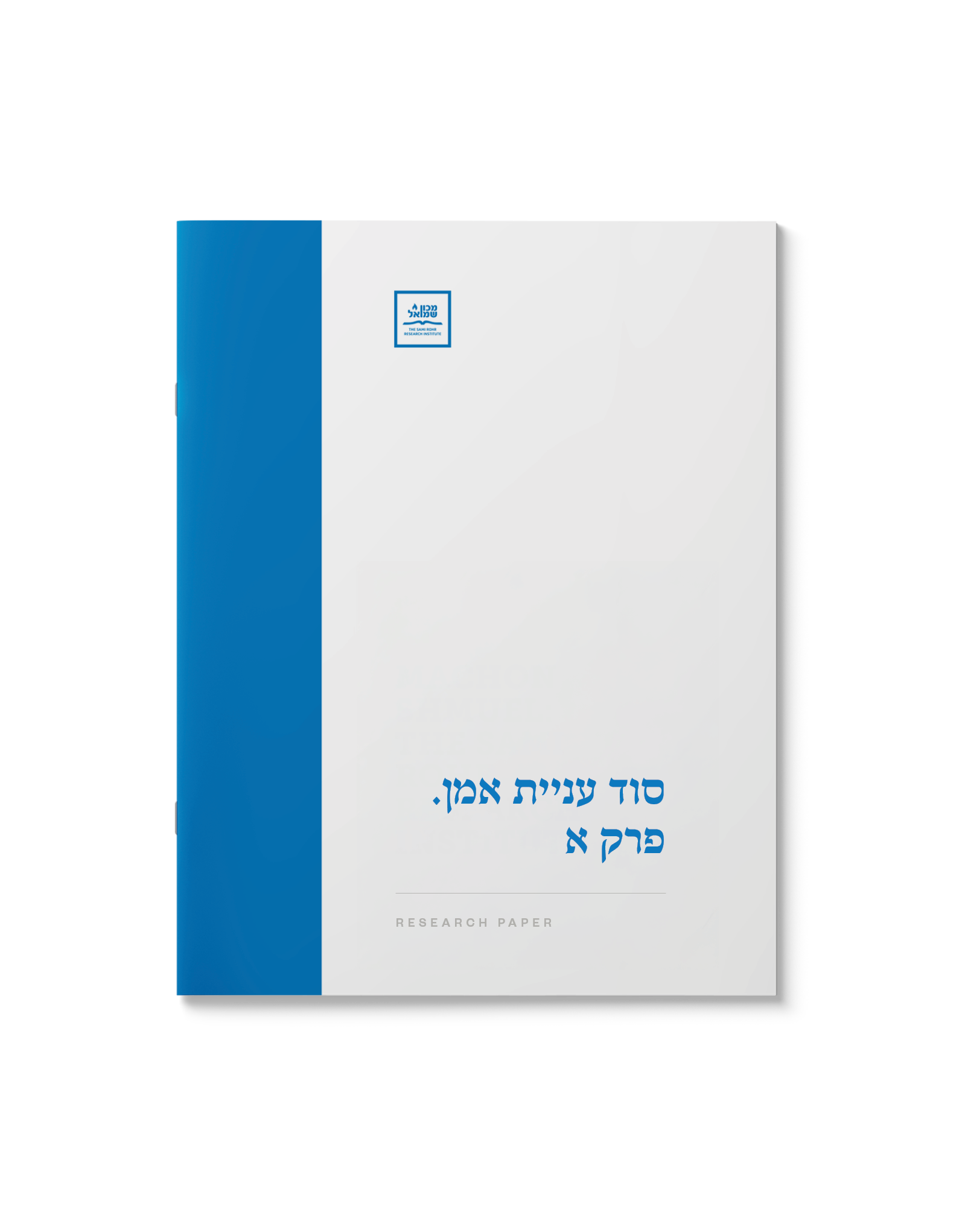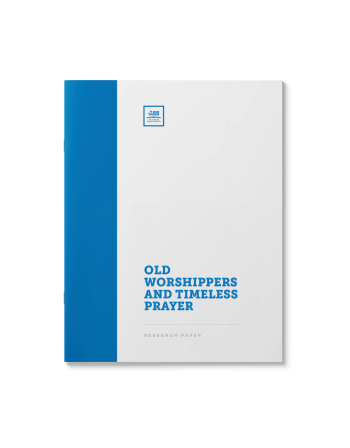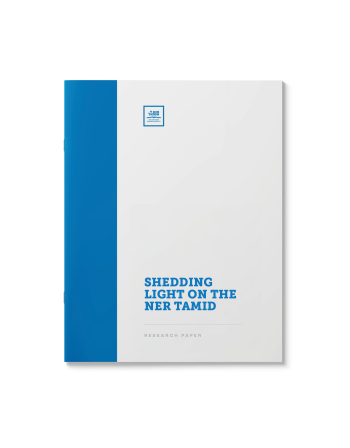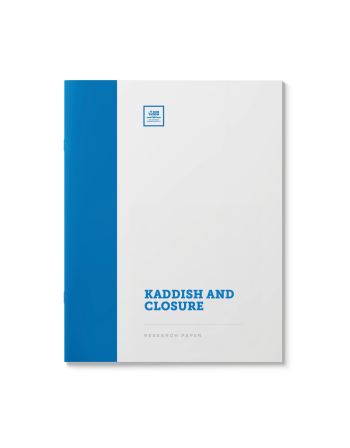| Language | Hebrew |
|---|---|
| Paper Type | Research Paper |
| Pages | 13 |
Related Products
What defines a “dangerous scenario” for which one must recite birkas hagomel? This paper addresses the questions and challenges introduced by air travel, and defines the types of illnesses and levels of recovery that require the gomel blessing.
G-d’s benevolence is all around us. Every day we experience divine salvation whether we know it or not. But sometimes these events truly transcend the natural order for which we owe G-d an additional debt of gratitude.
What is the appropriate way to express thanks to G-d when experiencing deliverance from danger? Is it preferable to do so discreetly or is a public celebration in order? What is the basis for the common custom of inviting friends to participate in a Seudas Hoda’ah (feast of gratitude)?
Related: Thanking G-d for Goodness Parts I and II
A minyan of seniors, a common occurrence at old age homes, can be challenging. What does Jewish law say about seniors sleeping during the prayers, or seniors who are unable or unwilling to actively participate in the services?
Ana Bechoach is an ancient and mystical Jewish prayer and spells the names
of G-d acrostically. What is the meaning of this prayer?
Find out what is required of one who prays when it comes to focusing one’s mind on the Almighty. To what degree is kavanah really necessary? Are there any techniques that provide a shortcut to healthy kavanah?
Part IV in a Series
Beseeching the Creator for His benevolence and salvation is a practice of universal import and value. But how did the uniquely Jewish form of prayer evolve? What was the process by which the first siddurim were designed?
Part II in a Series
The beautiful Veyiten Lecha prayer customarily recited after Havdallah assembles a wide array of Torah passages. What do they mean and why do we say it?
Who is obligated to bless the moon? What is
the meaning behind its prayers and rituals? Discover why the moon hangs high in
Jewish thought in this review of its laws and customs.
This broad analysis of Birchas HaGomel takes a modern focus: Does a domestic flight over water trigger this blessing? An international one over land? What about a missed flight that crashes? A look at the basic laws and rational behind Gomel lays the foundation to determine when and why the blessing is required. (See also Thanking G-d for Goodness Part II)
The recitation of Kaddish is a central Jewish mourning rite. Mourners recite Kaddish for eleven months following the death of a loved one. What is the meaning of the prayer and the details of its observance? Why is it recited for specifically eleven months?
Piyutim are liturgical poems that are chanted during prayer primarily on the High Holidays, with some dating back many generations. What is their status in Jewish law? Must they all be recited or can they be omitted? What do we know about their origin and evolution? How important is it to adhere to local custom?
If Birkat Kohanim is one of Judaism’s most cherished blessings, why outside of Israel today is it so rarely recited? Why in Jerusalem is it sung daily, but only seldom in the Diaspora? Why do we seem to disregard how Shulchan Aruch regulates Birkat Kohanim?


